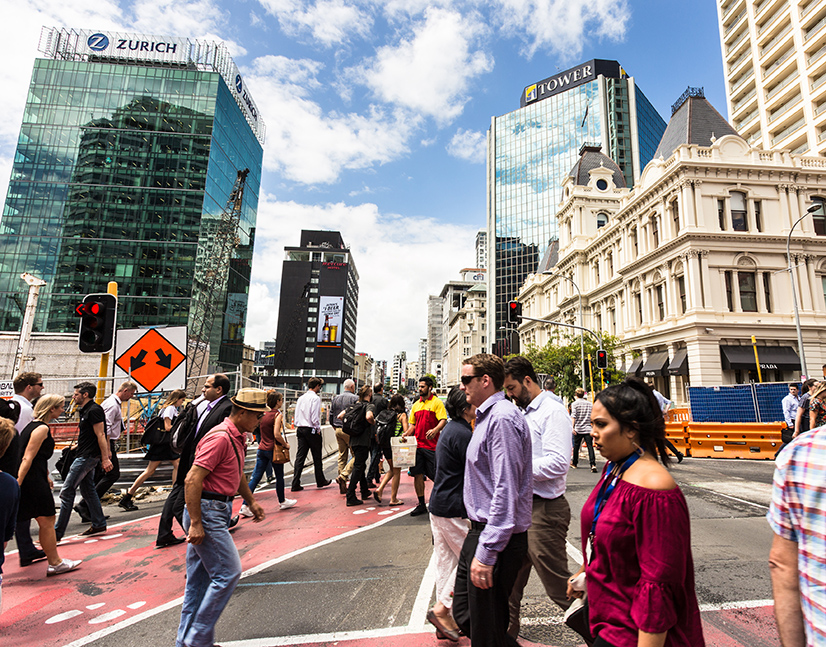
The COVID Diaries: lawyer 1
The following interview is with an Australian-based debt capital markets lawyer. It was conducted on 20 March 2020.
Are you working from home? If so, how challenging has the change been and, if not, how likely do you think it is that you will be working from home in the coming weeks?
The excellent thing that we’re seeing from so many of our clients, who are also working remotely, is that everyone gets it. Everyone realises there are challenges and everything takes a little bit longer. People are well aware of the difficulties others might face and they’re very understanding. It’s been very encouraging to see this.
Personally, I love the community of being in the office. I like the collegiality of talking to colleagues and clients face-to-face. I’ll be honest, I miss that a great deal. The isolation at home can be difficult at times and it’s also challenging in a transactional practice when you have a large volume of documents to manage. However, it is working well and maybe I’m just an old dog having to learn some new tricks. On the positive side, we are seeing some really creative ways in which teams are staying connected via web conferencing, virtual team meetings and social catch ups – it’s really heartening.
"I think the experience of our colleagues in Hong Kong and China has been instructive. They have been, in effect, working from home or remotely, and social distancing, for two or three months now – and they’ve just rolled on and made it work for everyone."
How close do you think the market will get to business as usual if we are in a period of social distancing for multiple months, including working from home and little or no face-to-face interaction?
We are certainly seeing the acceleration of technology’s role in financing transactions with – by needs in the current environment – reliance on things like e-verification processes and e-signing of contracts. It is fascinating to see what can be done when circumstances demand it.
I also think that the experience of our colleagues in Hong Kong and China has been instructive. They have been, in effect, working from home or remotely, and social distancing, for two or three months now – and they’ve just rolled on and made it work for everyone.
What other changes are you making in your personal and professional life?
The reality is that number of cases in Australia is likely to be far higher than actually reported when we include people who don’t know they have it and don’t show symptoms.
The old adage of six degrees of separation means we may well have come in contact with it somewhere. Consequently, social distancing is the right thing to do to ensure there is no unintended transfer to the vulnerable in our community. Professionally, as I noted earlier, it is about learning and adapting all the time.
What are you most worried about in this period, personally or professionally – and how worried are you in general?
A lot of businesses and sole traders – particularly in entertainment, travel and hospitality and so on – will endure significant, significant impacts. Even if it’s two months or three months, that is a long time. Government intervention to support banks, airlines and other such services should extend to many more sectors in the economy to ensure that once the crisis abates everyone can rebuild.
Recent measures in this direction from governments and banks are very encouraging. We are all in this together, as the saying goes.














